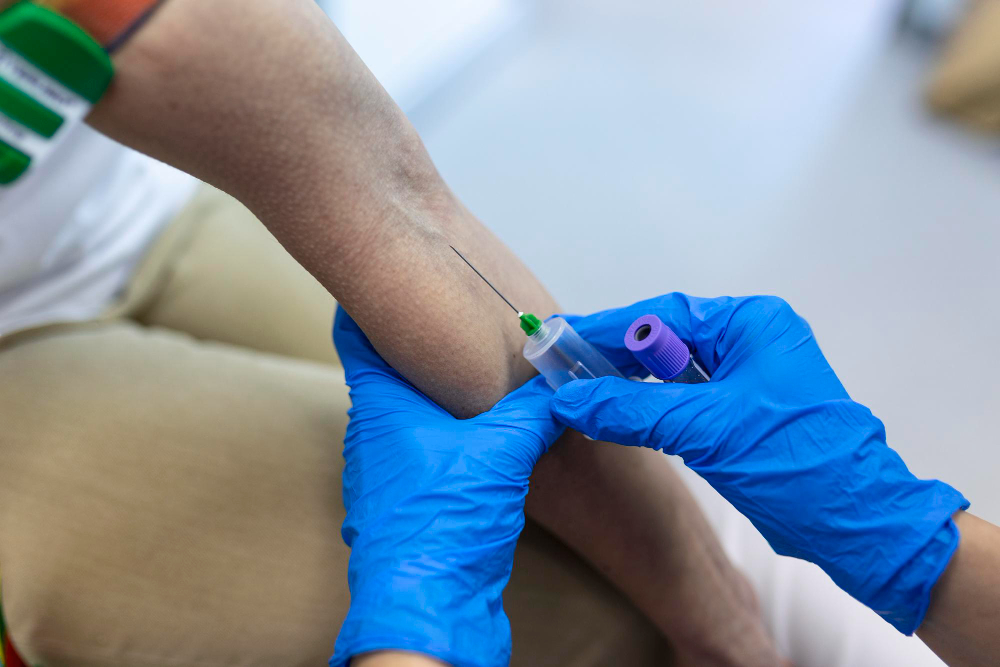
Your pancreas is a small organ that helps with digestion and blood sugar control. Sometimes, doctors need to check if your pancreas is working well. Pancreatic function tests are special tests that show how well your pancreas is doing its job. These tests help find problems early, so you can get the right treatment. If you have stomach pain or trouble digesting food, your doctor may suggest these tests. Pancreatic function tests are important for your health and peace of mind.
Doctors may order pancreatic function tests if you have certain symptoms. For example, you may need testing if you have:
Additionally, if you have a family history of pancreatic problems, your doctor may recommend these tests. Early testing can help find issues before they get worse.
There are two main types of pancreatic function tests: direct and indirect tests. Each type checks your pancreas in a different way. Knowing the difference can help you understand your options.
Direct tests measure how your pancreas responds to certain chemicals. These tests are often done in a hospital or clinic. For example, the secretin stimulation test is a common direct test. During this test, doctors give you a medicine called secretin. Then, they collect fluid from your small intestine to see how your pancreas reacts. Direct tests give detailed results but may take more time and preparation.
Indirect tests look for signs of pancreatic problems in your blood, stool, or breath. These tests are usually easier and less invasive. For instance, the fecal elastase test checks for a special enzyme in your stool. If the enzyme level is low, your pancreas may not be working well. Another example is the blood glucose test, which checks how your pancreas controls blood sugar. Indirect tests are often used first because they are simple and quick.
Each pancreatic function test works in a unique way. Here is a simple guide to help you understand:
Because each test is different, your doctor will choose the best one for your symptoms.
Before your test, your doctor will give you clear instructions. Sometimes, you may need to fast or avoid certain foods. For direct tests, you might need to stay at the clinic for a few hours. Indirect tests, like stool or blood tests, are usually quick and simple. During the test, you may feel a little discomfort, but most people find the process easy. After the test, you can often go back to your normal activities right away.
Once your test is done, your doctor will review the results. If your pancreas is working well, your test results will be normal. If there are problems, the results may show low enzyme levels or trouble with blood sugar. Sometimes, your doctor may order more tests to learn more. Early results can help your doctor plan the best treatment for you.
If your pancreatic function tests show a problem, your doctor will talk about next steps. Treatment may include:
With the right care, many people manage pancreatic problems well. Your doctor will guide you through each step.
While you cannot prevent all pancreatic problems, healthy habits can help. For example, you can:
Because early care makes a big difference, always pay attention to new symptoms.
If you have ongoing stomach pain, trouble digesting food, or other related symptoms, talk to your doctor. Early testing and treatment can help you stay healthy. Don’t wait if you notice changes in your health—your doctor can help determine if pancreatic function tests are right for you. Consult a healthcare professional at Sri Ram Diagnostics for personalized advice about pancreatic function tests.